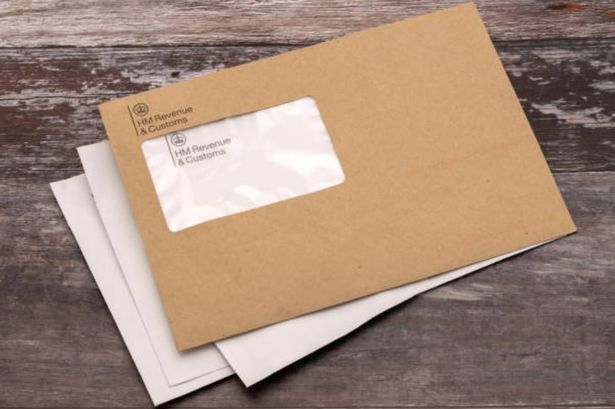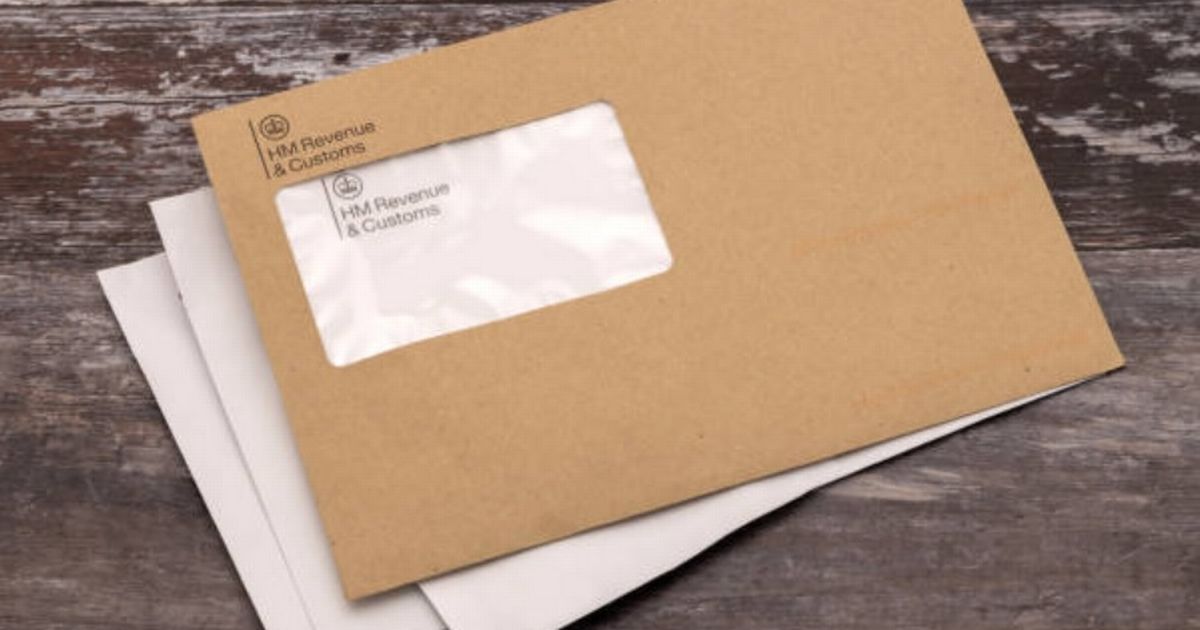HMRC, the tax authority working under the Labour Party government, is sending out £300 tax bills to Department for Work and Pensions (DWP) state pensioners this winter. HMRC sending out letters to state pensioners demanding £300
HMRC sending out letters to state pensioners demanding £300
HMRC is sending out demands for state pensioners to hand back hundreds. HMRC, the tax authority working under the Labour Party government, is sending out £300 tax bills to Department for Work and Pensions (DWP) state pensioners this winter.
Two million pensioners may have to repay up to £300 in tax due to changes to the Winter Fuel Payment. From November, the payment is expected to continue to automatically go out to those aged 66 and over in order to help with heating costs.
But there will be a new income cap which sees those earning more than £35,000 a year unable to qualify. Dan Whitworth, financial journalist for BBC Radio 4 Money Box, said: “That money will not be taken from bank accounts.
READ MORE Mortgage warning for UK households as they risk being ‘squeezed’
“Instead, HMRC will reclaim it through tax.” The method to reclaim the payment will be through Pay As You Earn (PAYE), where the amount is automatically deducted monthly from the customer’s salary or pension income through a change to their tax code.
The payment will be paid back in monthly instalments through the 2026 and 2027 tax year, starting from April 2026. For existing Self Assessment customers, the amount will be added to next year’s tax bill if they file tax returns.
A spokesperson for HMRC said: “The vast majority of people who need to pay back a Winter Fuel Payment will do so automatically via their tax code.
“For those already registered for Self Assessment, it will be collected via their tax return.
“We’ve provided online guidance clearly explaining how recovery of payments works, and a calculator so people can see if they’ll need to pay back the payment.”
Mr Whitworth then said the process would change again from 2027, as HMRC plans to collect two payments in that year.
“One to recover overpaid support from 2026 and another in advance for the 2027 payment,” he explained on BBC Radio 4. “Meaning some people could see deductions of up to £600 across the year.
“The government says this approach helps avoid delays in recouping overpayments and ensures the system stays up to date.”

